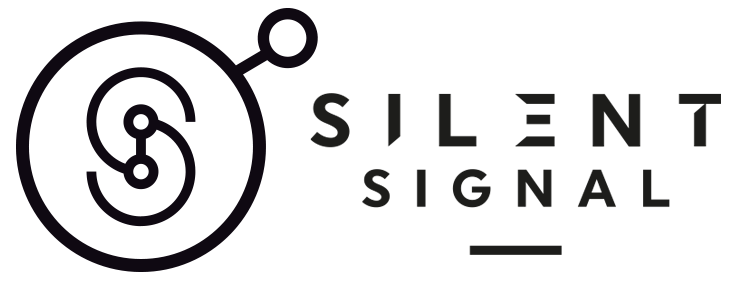Eric Schockmel talks about how he finds collaborating with scientist Dr Megan MacLeod to bring scientific research into the realms of science fiction.
What has been your experience of working on art & science projects or working with scientists previously?
Although science and technological progress have always informed my work as an artist, I’ve had to research the context myself, using online resources (especially Wikipedia and scientific news from various blogs). The fact that, as a non-scientist, my scientific knowledge would always be limited though has left me with blank spaces to fill with fictional science and imagination.
How are you choosing to respond to your scientific collaborator’s research? What methods are you using to make sense of their science?
The opportunity to actually interact with a specialist has provided me with more focus in a specific area. After an initial round of familiarising myself with Dr Megan McLeod’s research, I outlined a broad project concept. As I’m outlining the necessary structure elements, I refer back to her for more specific details. I then follow up with more visual research.
How did you first approach responding to the brief with Dr MacLeod? And how have you found the process of working with her so far?
The process of corresponding back-and-forth with Megan has been extremely valuable as it is possible to get a quick, tailored and specialist response to my research questions. It has allowed me to build a coherent scientific framework around the creative ingredients of the project and to build up a body of notes which I keep referring back to.
What were your expectations when you were first invited to be part of the project? Have your expectations changed at all during the development process?
What initially appealed most to me was the prospect of participating in a group project of like-minded artists, surrounded by specialists in various fields of scientific research. My expectations were that this particular setting would provide a framework of knowledge which is as the forefront of current research. This has turned out to be true, and I find that it establishes an atmosphere of coherence, setting a very high standard of work and expectations in the outcome. So far it has also proven to me that many scientists are really keen on engaging with the public in order to make their work more accessible. I find myself more likely now to potentially approach specialists on other projects in the future.
What has been the most interesting science fact you’ve discovered so far?
Rather than being a specific fact, I keep being amazed by the apparent contradiction about the limits of our knowledge. On one hand it seems that we’ve mastered and understood so many components of the human body, using advanced technologies that keep growing exponentially, and on the other hand there are still pockets of unknowns popping up; research findings which, instead of answering questions, open up more questions. A kind of Zeno’s paradox inherent in scientific research.
December 2013

